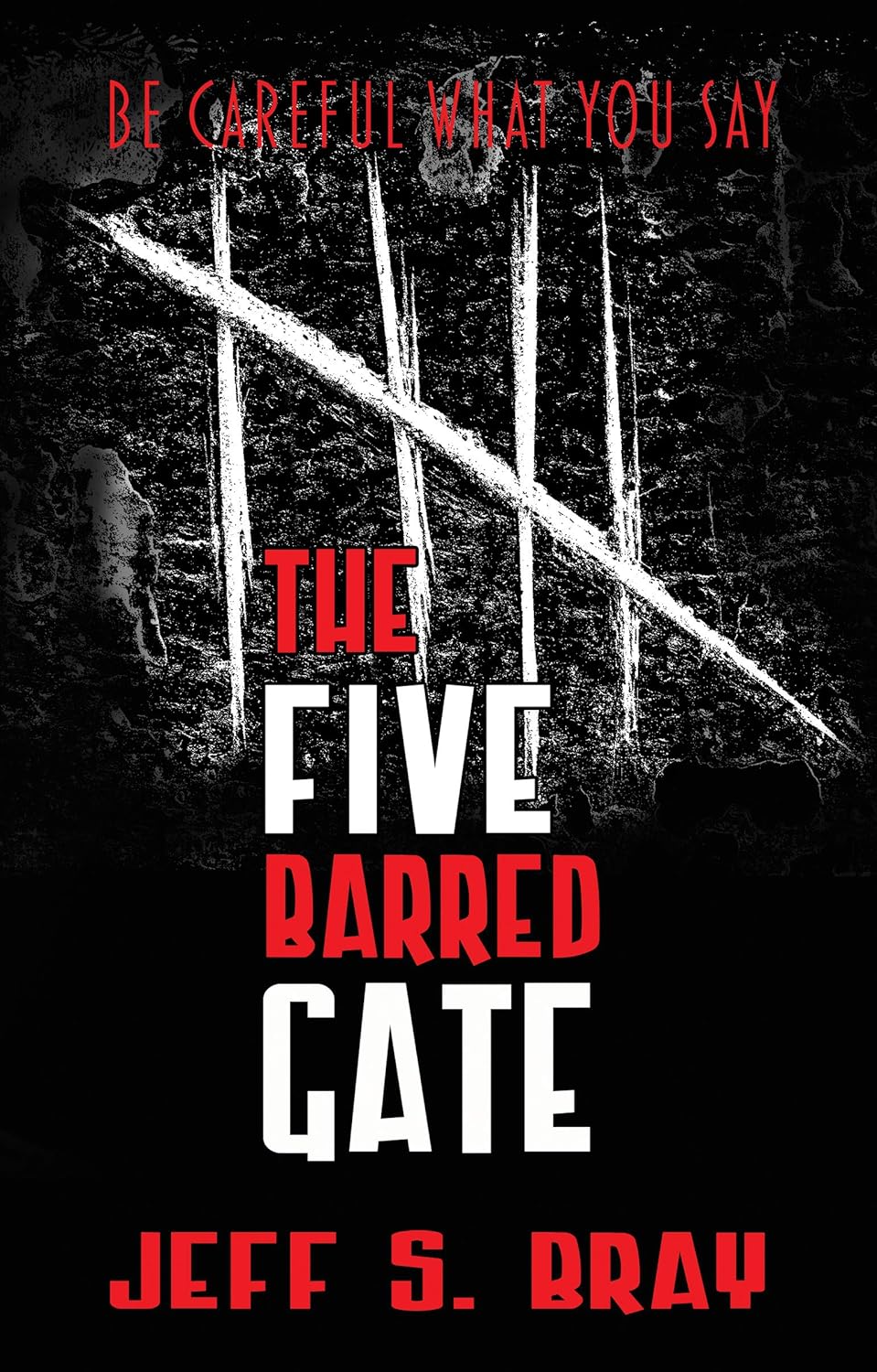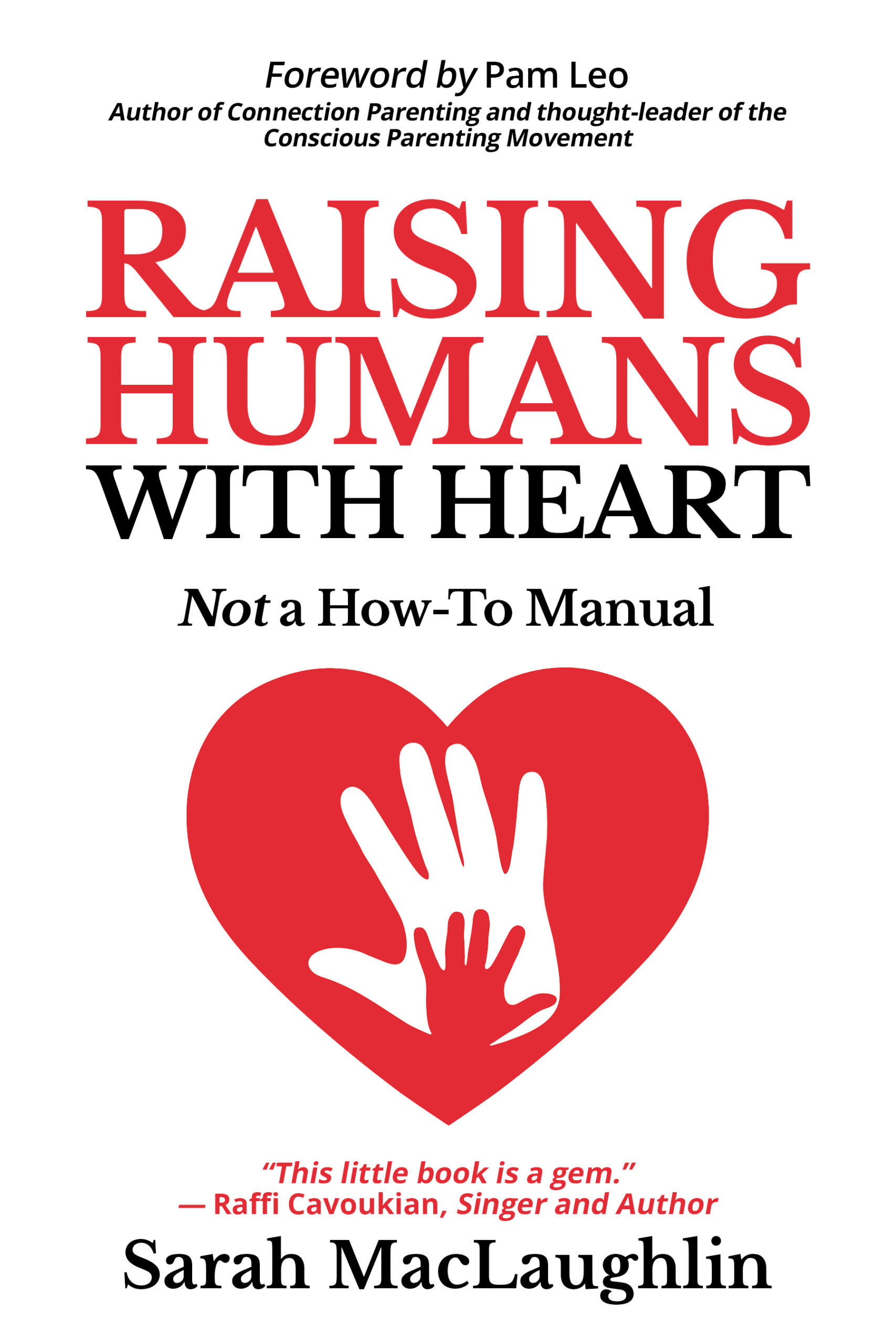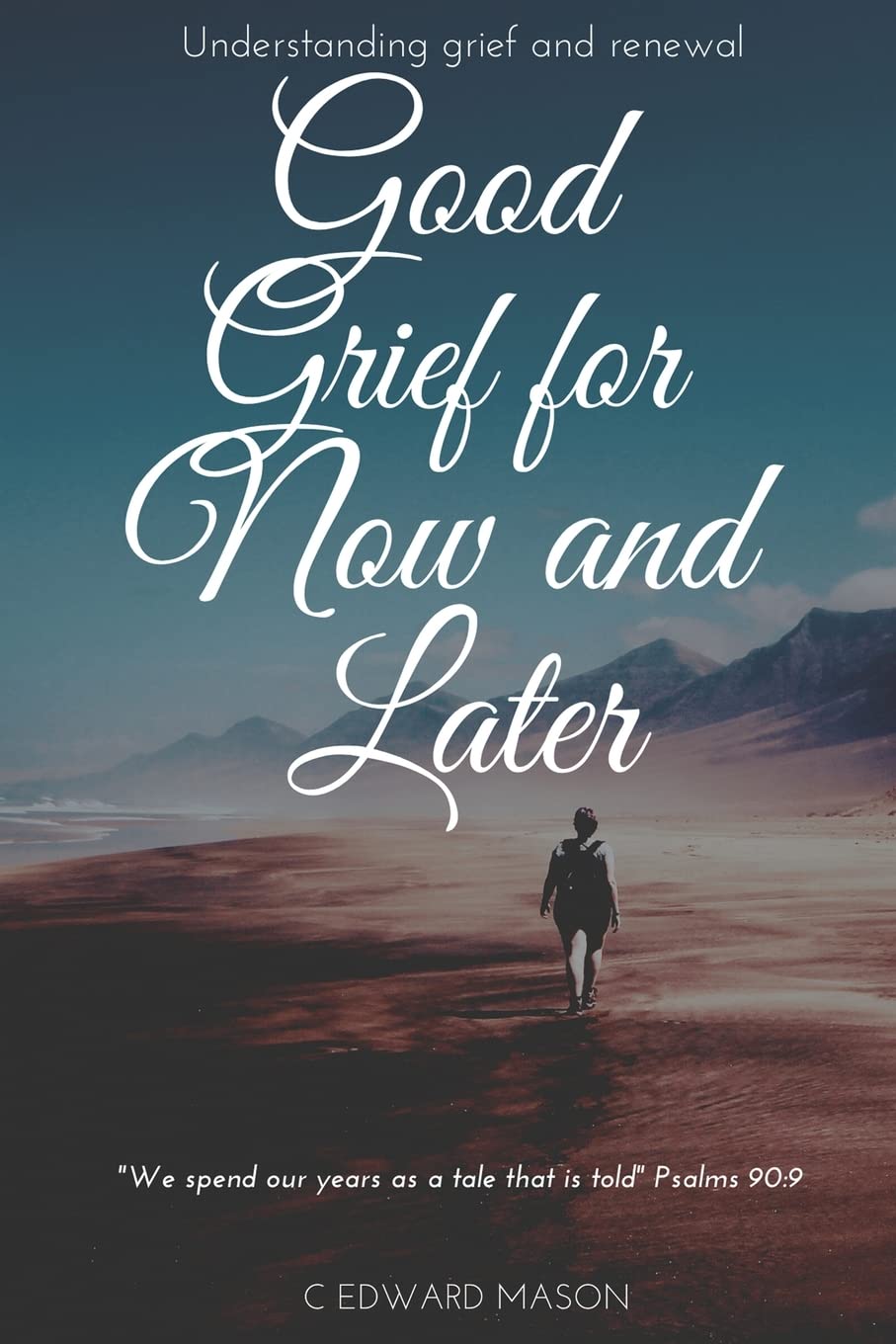In The Five Barred Gate, Jeff S. Bray delivers a stark and gripping dystopian novel that interrogates power, control, and the resilience of the human spirit in the face of institutional dehumanization. With lean, evocative prose and a taut emotional thread, Bray plunges readers into a near-future world where individual liberty is a privilege long lost—and redemption is far from guaranteed.
The story opens with Jacob Andrews awakening in a concrete cell, his body battered, his memory fogged. From that chilling moment, the reader is submerged in a claustrophobic world of surveillance, punishment, and resistance. Through Jacob’s eyes, we experience the disorienting reality of a political prison system that punishes not just action, but belief—and where indoctrination is as potent a weapon as any baton.
Jacob’s journey is one of both physical endurance and moral reckoning. His interactions with fellow inmate Eric Lassiter offer not only moments of dark humor and solidarity but also raise compelling philosophical questions: What does it mean to hold onto hope when everything is designed to crush it? What does loyalty look like when truth itself is weaponized?
Bray excels in constructing a dystopian atmosphere without relying on melodrama. The setting is gritty, believable, and chillingly familiar. The authoritarian regime remains mostly offstage, its presence felt through the architecture of fear: random beatings, psychological games, and the ever-present threat of “re-education.” There is a Kafkaesque tension throughout, but also echoes of Orwell and Huxley—literary comparisons Bray earns through the strength of his vision and execution.
What elevates The Five Barred Gate beyond standard dystopian fare is its deeply human core. Jacob is no superhero; he is broken, cynical, and often terrified. And yet, the small choices he makes—to listen, to trust, to remember who he was—become acts of quiet rebellion. Bray’s depiction of faith, perseverance, and identity is nuanced and grounded, steering clear of cliché and sentimentality.
The prose is crisp and efficient, avoiding unnecessary ornamentation. Dialogue feels authentic, and the pacing—while measured—is never sluggish. Each chapter builds upon the last, tightening the emotional vice around the reader until the final pages, which resonate with both sorrow and an undercurrent of hard-earned hope.
This novel will particularly resonate with fans of dystopian fiction that prioritizes character over concept, such as The Road by Cormac McCarthy or Never Let Me Go by Kazuo Ishiguro. It is not a light read, but it is an important and rewarding one—especially in an era when questions about freedom, truth, and conscience are as urgent as ever.
Rating: 4.5 out of 5 stars
A haunting and thought-provoking dystopian tale, The Five Barred Gate stands as a reminder that even in the darkest confinement, the human soul can still find ways to resist.



